
Благодаря роли в режиссерском дебюте Энди Серкиса "Дыши ради нас" (Breathe) Эндрю Гарфилд уже второй год подряд (вы же помните про "По соображениям совести"?) привлекает к себе внимание в преднаградный сезон. Журналисты ловили актера в перерывах между его остановками в недавнем промо-туре, а журнал FLAUNT договорился об эксклюзивном интервью и фотосессии для своего декабрьского номера. Называя свою роль в фильме Серкиса "необычным вызовом", рассуждая о креативности фильммейкеров в современном мире, со смехом признавая себя любителем животных и свое желание быть наполовину львом - в такой обстановке и атмосфере прошла эта беседа. Закадровое видео со съемок также прилагается.
ЭНДРЮ ГАРФИЛД ДЛЯ ЖУРНАЛА FLAUNT - ДЕКАБРЬ 2017
Andrew Garfield photographed for Flaunt Magazine's December 2017 Issue
ЗА КАДРОМ / BTS
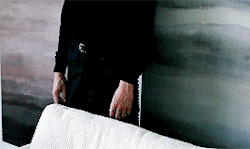
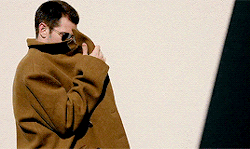

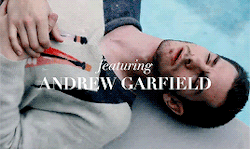
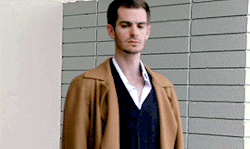
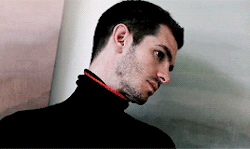
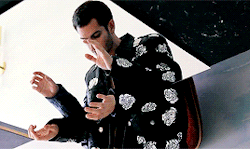
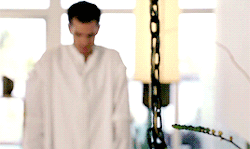
FLAUNT: He is also unafraid to play challenging or sensitive roles, having portrayed everyone from a child killer in Boy A to a conscientious objector in Mel Gibson’s Hacksaw Ridge; a gay man battling AIDS in Tony Kushner’s play Angels in America, to a paralyzed disability rights campaigner in Breathe. "It was a very specific challenge,” Garfield tells me about his latest role. "I don’t know about comparing it to anything else I’ve done but it definitely had its own challenges. It was an amazing role to prepare for really, to get to know this incredible man through his wife, through his son, through his grandchildren.”
In Breathe, based on a true story, Garfield plays Robin Cavendish, a man who was left severely paralyzed after contracting polio at age 28. An athletic man with a love of adventure, his new, pregnant wife (played by Claire Foy) is told he won’t leave the hospital and has only months to live. Permanently attached to a respirator, Cavendish descends into a crippling depression.
"There was the technical side to prepare for,” Garfield explains, "which was the disability itself and what it means for the body, what it means for the voice and what it means in terms of being breathed for by an external machine. That was the thing I was most neurotic about because it was so hard to get right—and you need to get it right. It was very hard to pin down what the sound was. Because of the nature of the disability, every single breath had to be the same. You don’t get to play with the power of your voice; to convey what you mean and feel is therefore a real challenge.” (...)
In Breathe, based on a true story, Garfield plays Robin Cavendish, a man who was left severely paralyzed after contracting polio at age 28. An athletic man with a love of adventure, his new, pregnant wife (played by Claire Foy) is told he won’t leave the hospital and has only months to live. Permanently attached to a respirator, Cavendish descends into a crippling depression.
"There was the technical side to prepare for,” Garfield explains, "which was the disability itself and what it means for the body, what it means for the voice and what it means in terms of being breathed for by an external machine. That was the thing I was most neurotic about because it was so hard to get right—and you need to get it right. It was very hard to pin down what the sound was. Because of the nature of the disability, every single breath had to be the same. You don’t get to play with the power of your voice; to convey what you mean and feel is therefore a real challenge.” (...)












Комментариев нет:
Отправить комментарий